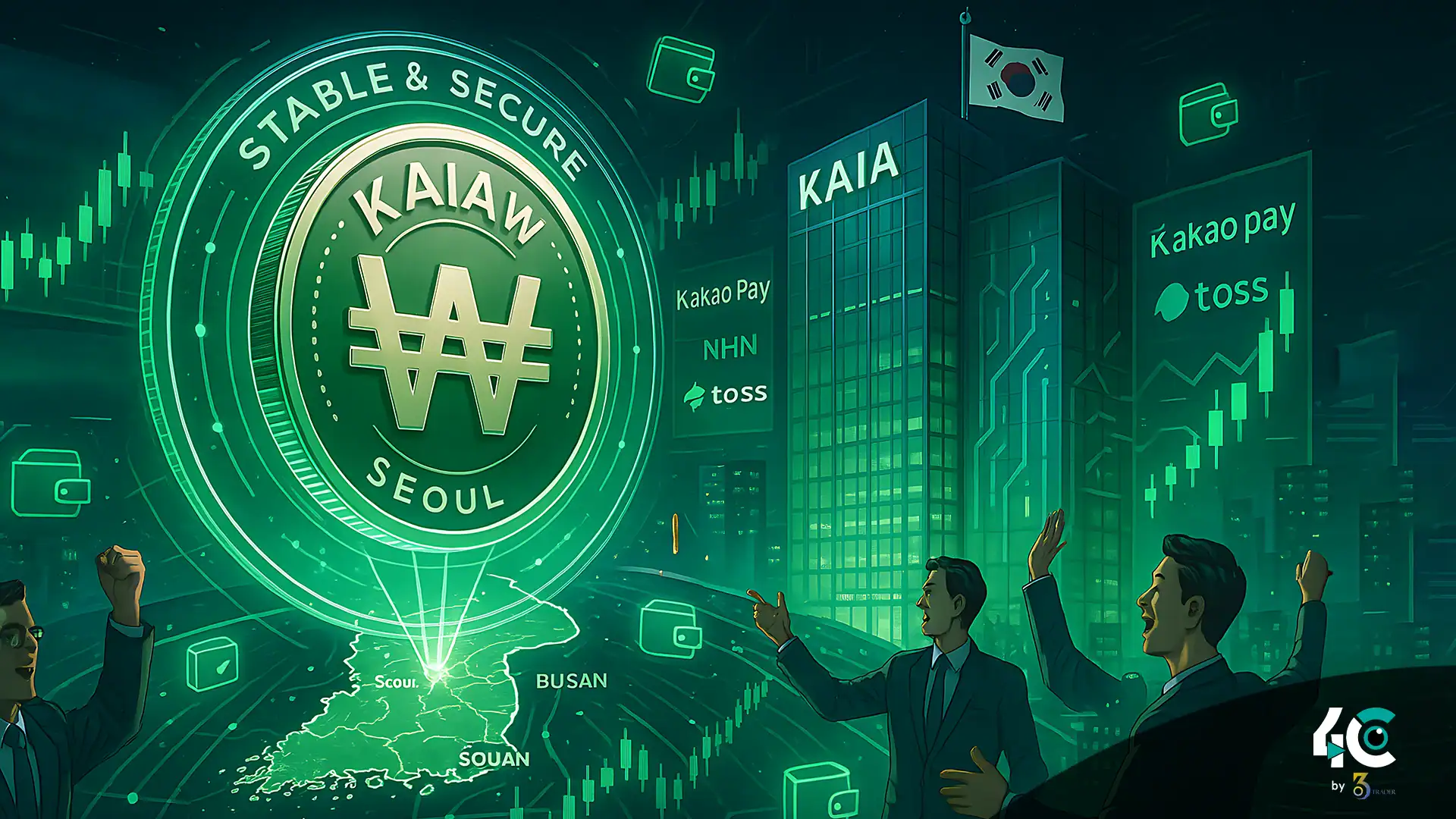Kaia to Roll Out Won-Pegged Stablecoin
A Kakao-backed Layer-1 blockchain project, Kaia, has plans to roll out a stablecoin pegged to the won. The launching of the Lee Jae-myung administration took place in close proximity to the recently unveiled programs to innovate digital assets.
The launch aligns with President Lee’s pro-crypto position and is part of a broader push to modernize South Korea’s financial ecosystem. A standout in Lee’s presidential campaign was the introduction of a won-pegged stablecoin.
Regulatory Challenges and Government Involvement
Legal hurdles persist. According to the current Constitution of South Korea, only the Bank of Korea can issue currency. However, the Democratic Party-led administration is increasingly embracing private innovation.
Min Byoung-dug, chair of the Digital Asset Committee, supports privately issued stablecoins. He plans to introduce a regulatory framework under a Digital Asset Basic Act, which would legalize and guide stablecoin issuance—facilitating Kaia’s ambitions.
Kakao’s Strength in the Korean Digital Economy
Kaia’s move is significant because of its ties to Kakao—one of South Korea’s leading tech giants offering services in messaging, navigation, and financials.
Kakao Pay, known for its digital wallet and QR-based payment systems, stands to benefit from the stablecoin’s adoption through its fintech operations.
Investor optimism spiked, leading to a 29.9% surge in Kakao Pay’s stock on June 9. Rival payments firm Danal also saw increased investor expectations for the upcoming stablecoin push.
The Formation of Kaia and Web3 Goals
Kaia is a merger of Kakao’s blockchain project Klaytn and Finschia, which is backed by Japan’s LINE messaging app. This unified entity aims to lead South Korea’s transition to Web3.
Investor Confidence Rising
A recent survey by the Korea Chamber of Commerce and Industry revealed that 60% of investors plan to increase their cryptocurrency investments during President Lee’s tenure. Traditional and crypto investors alike are viewing stablecoin regulation as a sign of progress and innovation.
The momentum has grown stronger since Kim Yong-beom, Lee’s chief policy officer and former Vice Minister of Finance, took office. Kim previously conducted blockchain research at Hashed and is expected to work alongside David Altman to shape future stablecoin policies.
Legal Clouds Begin to Clear
President Lee faced legal concerns—particularly an election law case. However, the Seoul High Court ruled that Article 84 of South Korea’s Constitution—which protects sitting presidents from prosecution—applies in his case.
This decision ended major proceedings, clearing the path for further crypto policy expansion. While five other legal cases remain, their outcomes are still under judicial consideration.
A New Chapter for South Korea’s Crypto Industry
Kaia’s announcement could transform South Korea’s digital asset landscape. With growing institutional support, emerging legislation, and rising investor interest, the country is poised to issue its first won-pegged stablecoin.
As legal frameworks become more defined and public-private partnerships expand, Kaia and other fintech companies are leading South Korea into a new era of digital finance.



























